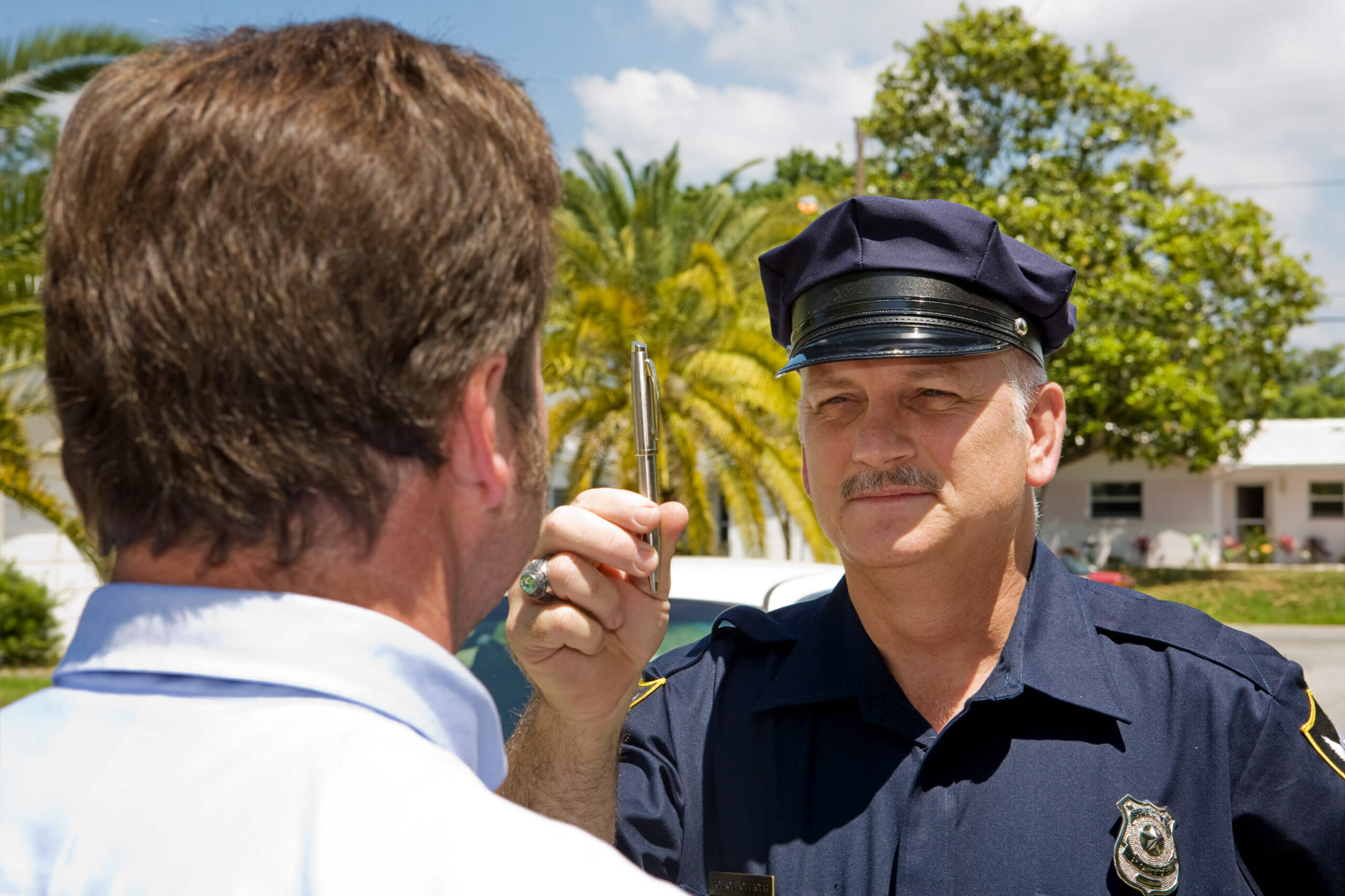What to Expect During a Field Sobriety Test
Field sobriety tests are more than just an inconvenience. They’re a complex set of tasks designed to assess a driver’s faculties. Understanding them can significantly impact the outcome if you get stopped.
Start by familiarizing yourself with the various types of sobriety tests and what they involve. Continue reading to learn about your rights, the science behind the tests, and how to respond.
The Legal Reason for Field Sobriety Tests
Field sobriety tests are a legal way to prevent impaired driving. These tests are initial evaluations, potentially leading to more definitive assessments like breathalyzers or blood tests. Refusing to undergo these tests may result in penalties such as license suspension or fees.
Types of Field Sobriety Tests
Horizontal Gaze Nystagmus (HGN) Test
The Horizontal Gaze Nystagmus (HGN) Test checks for involuntary eye movement that can indicate intoxication. An officer conducts the test by having the suspect follow a moving object with only their eyes.
Police look for nystagmus, an involuntary jerking of the eyes that intensifies with intoxication. Normally, this movement is slight and smooth. But if alcohol or drugs impair someone, the jerking becomes more exaggerated and begins sooner. Officers assess three specific indicators:
- Jerking movements before the eye reach a 45-degree angle
- The inability to track the object smoothly
- Pronounced jerking at maximum deviation.
Walk-and-Turn Test
The Walk-and-Turn Test assesses a person’s physical and cognitive ability to perform tasks. In this test, the officer instructs you to take heel-to-toe steps over a straight line, turn around on one foot, and return the same way. The test requires a clear area and often uses a visible line on the road for guidance.
Officers look for several indicators of impairment that can result in physical and cognitive difficulties. These indicators include:
- Inability to keep your balance
- Starting before the officer tells you to do something
- Stopping to get your balance back
- Missing the heel-to-toe movements
- Taking steps that go off the line
- Completing a turn without receiving an instruction to do so
- Taking the wrong number of steps.
One-Leg Stand Test
The One-Leg Stand Test is another standard field sobriety test that evaluates balance and attention. An officer will direct you to lift one foot off the ground and count aloud until instructed to stop, usually after 30 seconds.
Officers watch for these signs of impairment:
- Swaying
- Using arms for balance
- Hopping
- Placing the foot down early
Finger-to-Nose Test
The Finger-to-Nose Test, though not standardized, is in regular use for field sobriety assessments. You must stand with feet together and arms extended, touching your nose with alternating index fingers as directed by the officer. Often, you must complete this task with your eyes closed to enhance the difficulty.
Police look for missing the nose, touching above or below the tip, or failing to use the designated finger. They also note if the individual sways, opens their eyes, or uses the wrong hand.
Romberg Balance Test
The Romberg Balance Test is a neurological physical sobriety assessment that measures motor skills and balance. Police instruct you to stand with feet together, tilt your head back, close your eyes, and estimate 30 seconds. Once you believe 30 seconds have passed, you signal the officer, usually by opening your eyes. Your inner ear function, motor control, and concentration should handle this task without impairments.
During this test, officers look for signs such as maintaining balance, swaying in circular motions, or any involuntary movements. They also assess whether you open your eyes too soon or inaccurately estimate the 30-second interval.
Rights and Obligations
Field sobriety tests are not compulsory. However, refusal to undergo these tests can lead to penalties such as a license suspension. The courts may also see it as an admission of guilt during trial. Being informed about local laws can help you decide whether to comply.
It’s also important to understand that you must comply with lawful police orders during a traffic stop. Always provide identification and necessary documents like your driver’s license and registration. Cooperation with field sobriety tests, however, remains your choice. If you opt to take the tests, follow the instructions carefully. If you choose to refuse, do so clearly and politely. Seeking legal advice immediately after being stopped can help you make these decisions effectively.
Find a Local DUI Attorney
Knowing what to expect during field sobriety tests can ease the stress of a traffic stop. Being aware of the tests and what officers assess allows you to make informed choices. After all, these tests are just one method to evaluate impairment and are not definitive.
Were you recently given a sobriety test on the road? Do you need a DUI lawyer to protect your rights?
We have representatives available 24/7 to connect you to local legal help. Call (866) 345-6784 or complete this online form to get started today!

